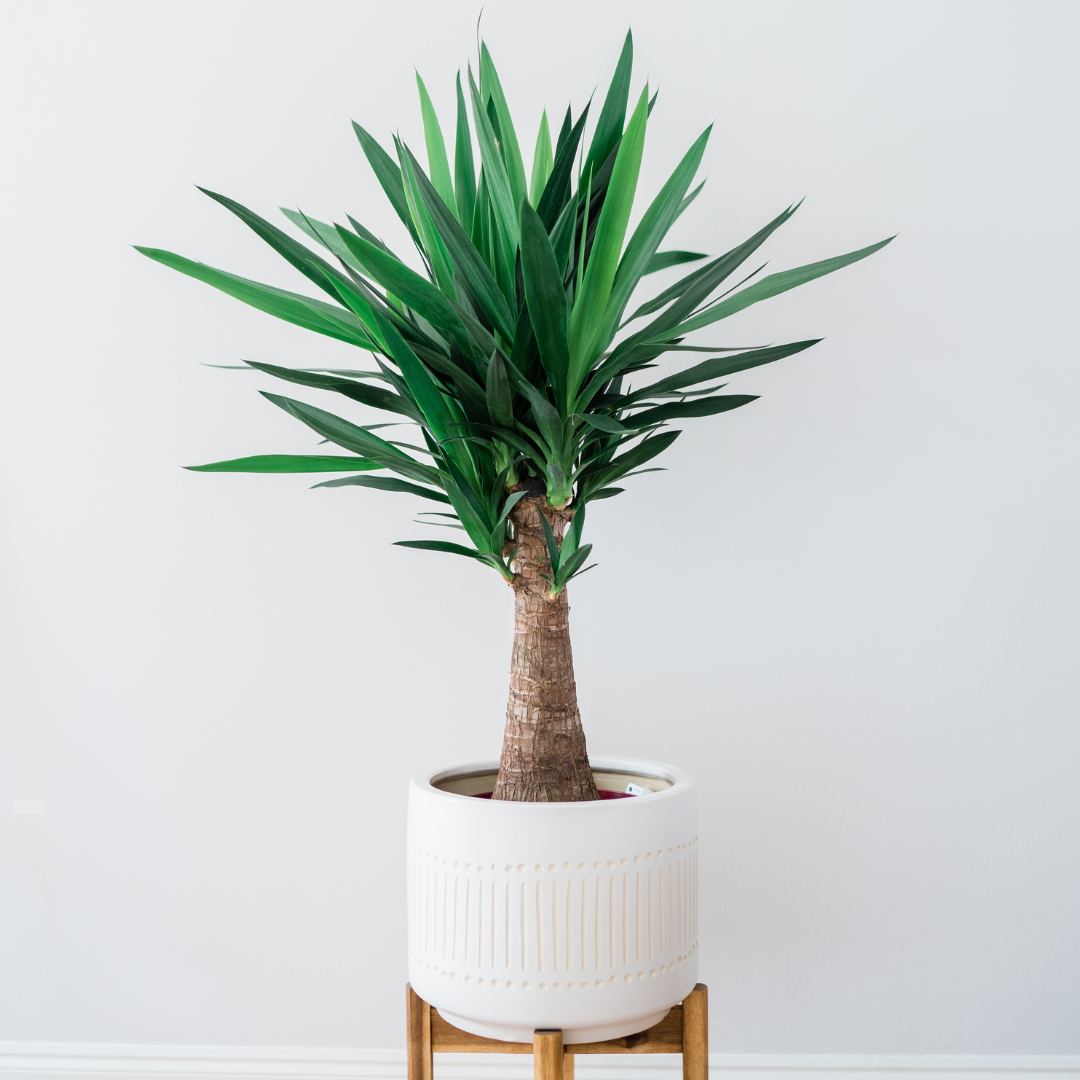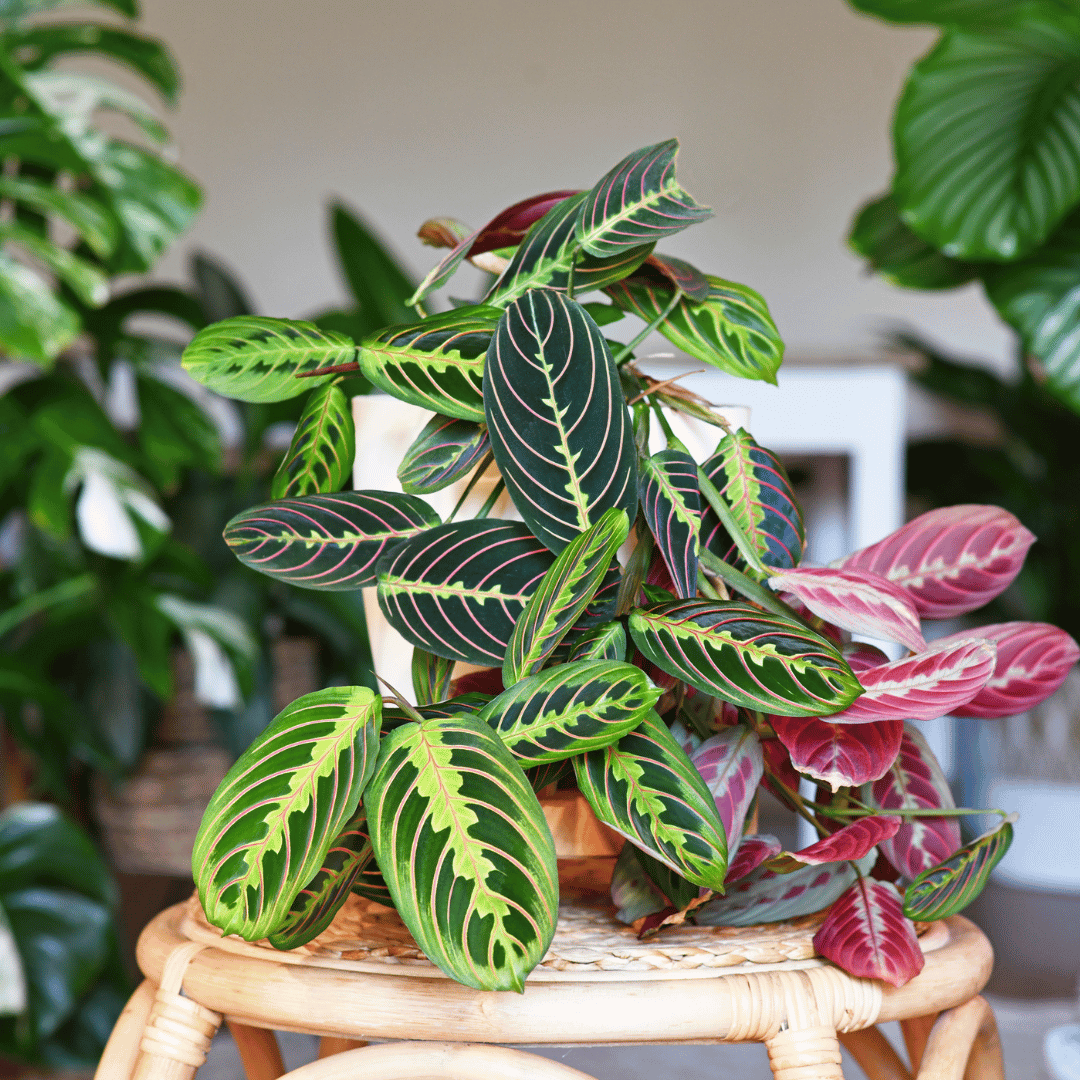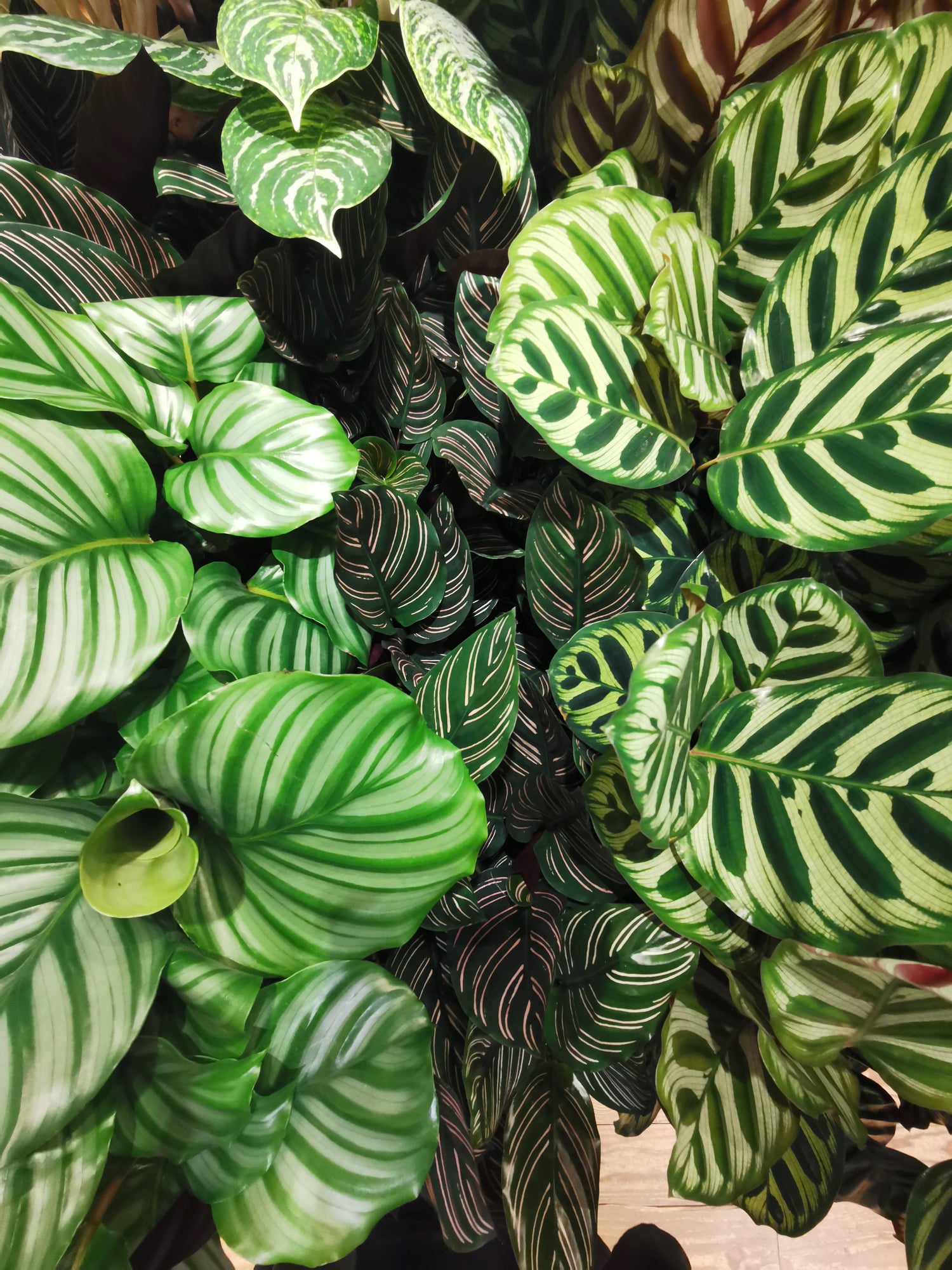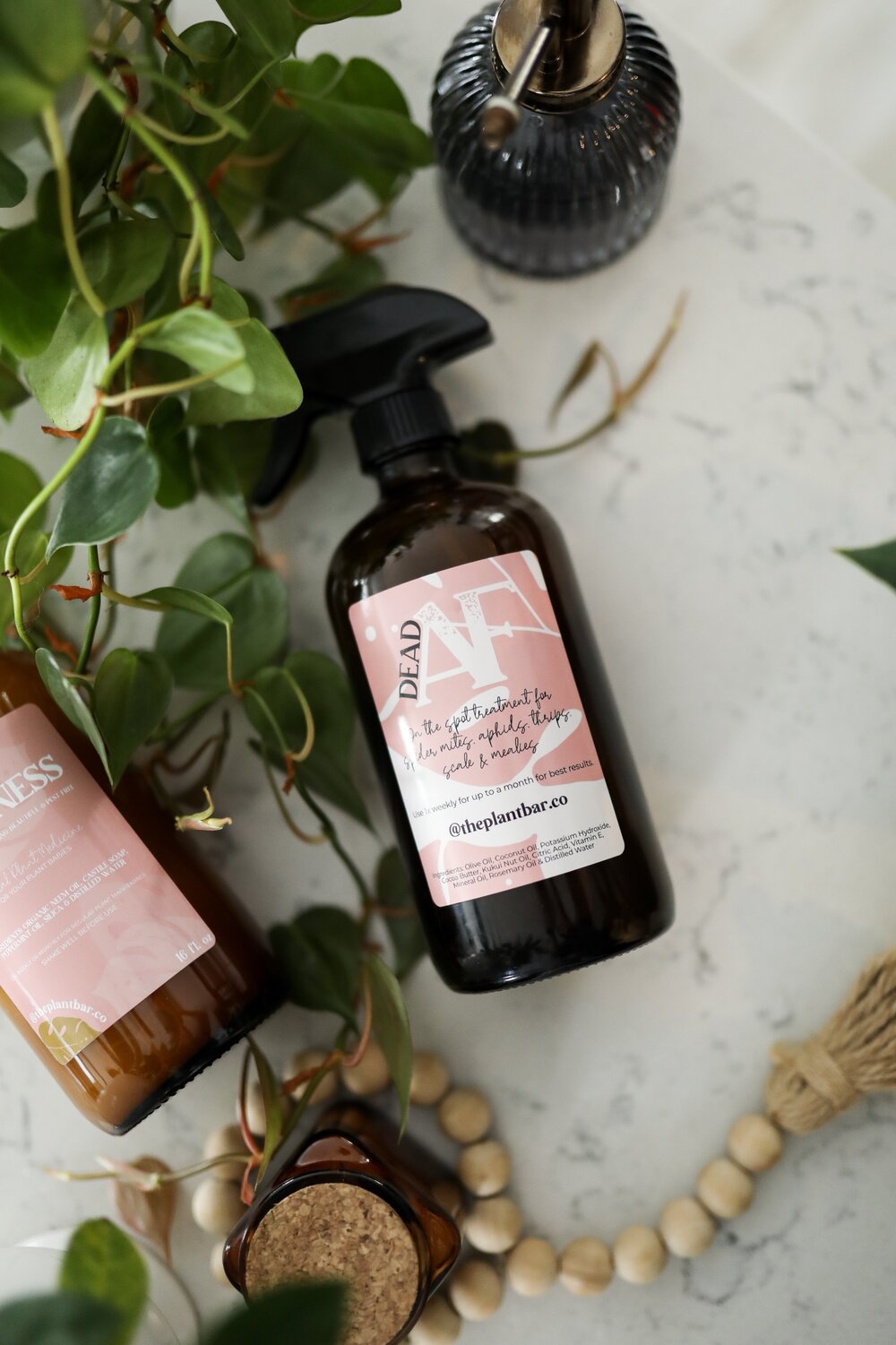Yucca elephantipes
Yucca elephantipes
Rated 4.9 ⭐ by 100 satisfied customers on Google
Currently in stock
Couldn't load pickup availability
- Home delivery throughout Belgium.
- Collection in Leuven possible
- monster for the living room
- lifelong help for all your plant questions
Yucca elephantipes, also known as the wax palm, is a robust and elegant houseplant that instantly adds an exotic touch to any room. With its slender trunk and upright, sword-shaped leaves, this plant guarantees a tropical feel. Its low-maintenance nature makes it ideal for beginner plant enthusiasts.
This Yucca fits perfectly in a minimalist interior, but also looks great among colorful houseplants like the Monstera minima or the striking Aglaonema Silver Bay . Order yours easily online via our product page and take advantage of the care tips below.
How to care for a Yucca elephantipes
Watering a Yucca elephantipes
Yucca elephantipes prefers regular but sparing watering. Water about once every two weeks during the growing season, and always allow the top layer of soil to dry slightly before watering again. Ensure the water drains well through drainage, for example, with a layer of hydroponic clays , or use a pot with holes to prevent root rot.
Light requirements of a Yucca elephantipes
This yucca thrives in a bright spot, but direct afternoon sun can burn the leaves. Place the plant near an east- or west-facing window, or away from a south-facing windowsill. If there's insufficient light, growth will remain slow; change its location occasionally to encourage a strong, straight trunk.
Is Yucca elephantipes poisonous?
Yucca elephantipes contains saponins that can cause stomach upset in humans and animals if ingested. Therefore, keep the plant out of reach of young children or curious pets. Looking for a safer option? Then browse our collection of non-toxic houseplants .
Different types
There are several Yucca varieties, each with its own unique charm. The most well-known include:
- Yucca elephantipes
- Yucca filamentosa
- Yucca brevifolia
- Yucca gloriosa
- Yucca rostrata
- Yucca flaccida
- Yucca filamentosa variegata
Common problems
Yellow leaves
Yellow leaves on a Yucca elephantipes often indicate overwatering or a damp location. Check the potting soil and reduce watering if necessary. Lack of sunlight can also contribute to yellowing; ensure adequate light.
Plant leaking moisture (dripping plant)
If water leaks from the trunk or bottom of the plant, this could indicate damaged vascular bundles or root rot. Allow the soil to dry thoroughly and check that the pot is leak-free and dry. Consider using a new, well-draining potting mix, such as perlite, for better drainage.
Pests
Spider mites, aphids, or thrips may have nested in the leaves. Regularly wipe the leaves clean with a damp cloth or use a plant sprayer with mild soapy water. For stubborn pests, you can use our sticky traps for fungus gnats or a natural pesticide.
Roots emerge from the soil
When the roots grow out of the drainage holes, it's time to repot. Choose a pot one size larger than your current one and use fresh, airy potting soil. For helpful pot and soil combinations, see our potting soil for aroids collection.
Brown edges on the leaves
Brown leaf edges can be caused by excessively dry air or excessive use of lime-rich water. Increase the humidity using a plant mister or place a bowl of water nearby. Use filtered or lukewarm water to prevent limescale buildup.
For a comprehensive guide on yucca care, you can also visit our blog post "Yucca Care" on DePlantrekkers. Order your Yucca elephantipes today from our product page and experience for yourself how easy it is to grow and bloom this vigorous houseplant.
Share

Frequently Asked Questions
How do you ship plants?
We always ship our plants well packaged and safely.
We do not ship on cold days and we also try not to ship during the weekends. This way plants are always in suboptimal conditions for a minimum time.
What is your shipping policy?
You can read our shipping policy here.
What payment methods do you accept?
We accept various payment methods online such as Bancontact, Visa, Mastercard, Paypal.
You can also pay with Ecocheques in our store in Leuven.
Can I return the products?
You can read our returns policy here.
Where do your plants come from?
Our plants always come straight from the grower to our shop. With minimal stops we prevent pests and diseases and keep the chain short!
Collections
-

Buy Maranta's
Discover the unique charm of our collection of Maranta plants. With their...
-

Buy Calathea
Are you looking for a beautiful and unique houseplant that will purify...
-

Accessories for Plant Lovers
In our store we have a wide variety of accessories to help...




